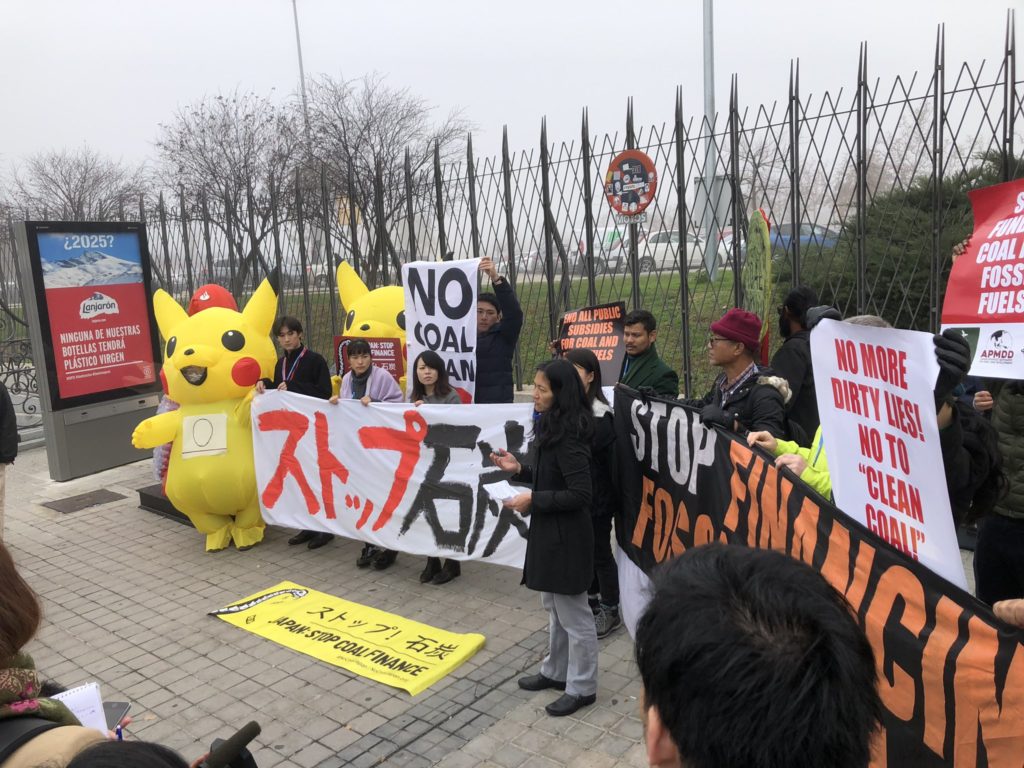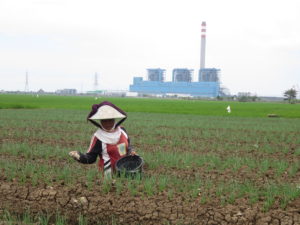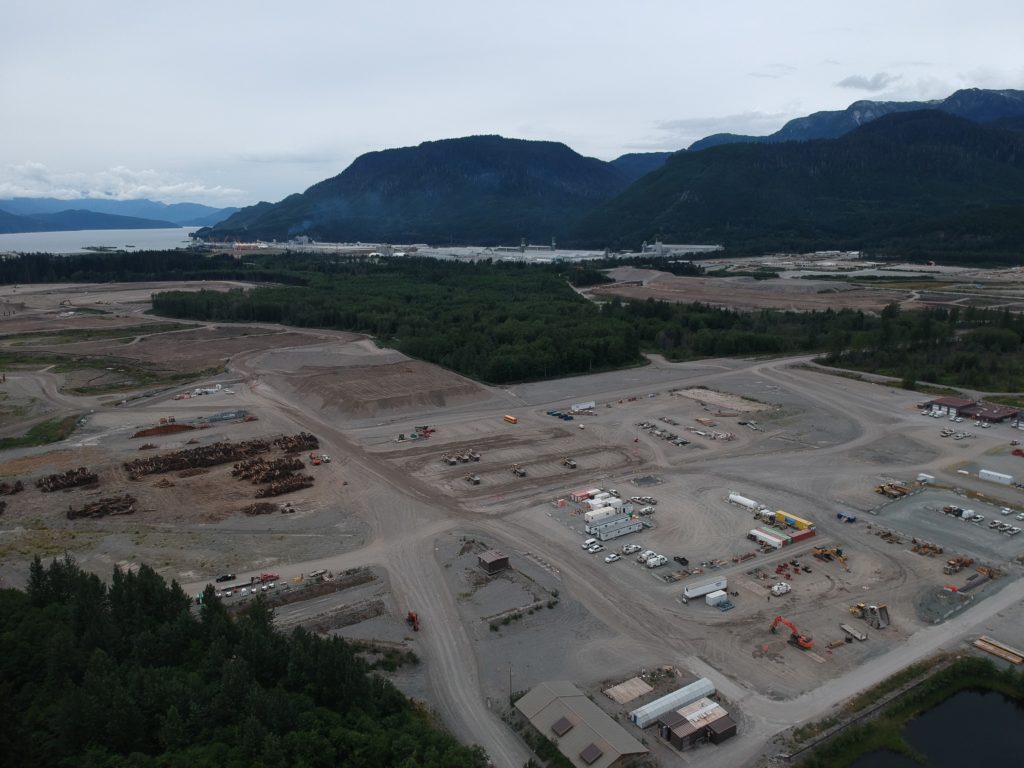
Japan must break its addiction to coal and other fossil fuels at COP 26
Japan is a climate laggard and is fueling the climate crisis with its support for coal and other fossil fuels. Alok Sharma, the UK president for COP26, has called for governments to “consign coal to history.” As world leaders gather for COP 26, Japan must immediately stop financing all coal plants both internationally and domestically and must commit to domestic coal phaseout by 2030.

At the G7 Summit, member governments committed to stop public financing for overseas coal projects by the end of this year. Despite this, Japan is still planning to finance the Matarbari 2 coal plant in Bangladesh and the Indramayu coal plant in Indonesia. This is against its commitment made in the G7 Communique.
The 1200 MW Matarbari 2 coal power plant has attracted extensive opposition in Bangladesh and globally for its massive cost overruns and delays, projected emissions of toxic pollutants and for jeopardizing the livelihoods of local farmers and fishermen. The Japanese government is also expected to consider financing for the 1000MW expansion of the Indramayu coal plant in Indonesia. This project is not needed as the Java-Bali electrical grid now has excess power supply. There have also been serious human rights violations against community members.
Since the Paris Agreement was adopted, Japan has financed 9 coal power plants, mostly in Southeast Asia, totalling 9,835 MW in capacity.
Despite its net zero by 2050 pledge, Japan has no plans to phase out coal-fired power plants domestically. Instead, the government is supporting technologies to prolong the lifetime of existing coal power projects with co-combustion of hydrogen and ammonia. Japanese utility J-Power recently announced plans to update the existing Matsushima coal plant with its new “GENESIS” technology and is trying to use the same trick for other old coal plants.
The Japanese government aims to commercialize CCS /CCUS technologies to make brown hydrogen and ammonia carbon-free, however this just extends the life of thermal power. GENESIS Matsushima is one of the iconic Japanese projects that demonstrates Japan’s lack of seriousness in reducing its reliance on fossil fuels and fulfilling its climate obligations.

Growing momentum to end ALL fossil fuel finance
A growing number of governments are moving beyond coal and phasing out financing for overseas oil and gas projects as well, but Japan is overwhelmingly behind. The UK and European Investment Bank are calling on countries and institutions to commit to ending financing for all fossil fuel projects internationally and are urging governments to join them.
The recently published International Energy Agency’s World Energy Outlook report lays out key milestones for fossil fuels phaseout including the halting of new construction of coal-fired power plants as of this year, stopping the approval of new oil and gas fields, coal mines or mine extensions, and new LNG export projects; and fully decarbonizing the electricity sector by 2035 in advanced economies and by 2040 in all countries.
But, instead of following these global trends, the Japanese government is doubling down on dirty, risky and outdated fossil fuel technologies.

Japan is the world’s second largest provider of public finance for all fossil fuel projects, providing $10.9 billion each year on average from 2018-2020. Japan is also playing a leading role in expanding LNG demand across Asia. In April, Japan committed $10 billion to expand LNG markets in Asia. This would lock in decades of new carbon emissions we cannot afford.
For example, the Japanese Bank for International Cooperation (JBIC) is planning to finance the notoriously dirty Barossa gas development in Australia and the LNG Canada export terminal. The indigenous Wet’suwet’en nation are fighting against this project and the associated pipeline which are proceeding despite the fact that developers never secured their free, prior and informed consent, in violation of JBIC’s guidelines.
Japan’s support for fossil fuels ignores a growing reality. Wind and solar are now the cheapest sources of new power generation capacity in countries that make up two-thirds of the world population. And they are getting cheaper. Renewables will be cheaper across Asia before LNG contracts signed today expire.
Instead of building a bridge to clean energy, Japan’s support for fossil fuels is building a wall against the renewable energy future we need.

